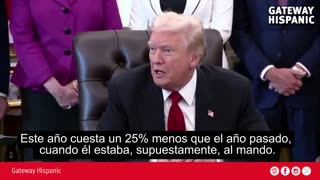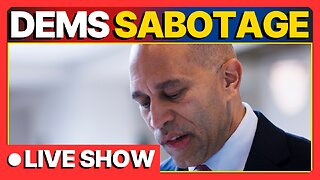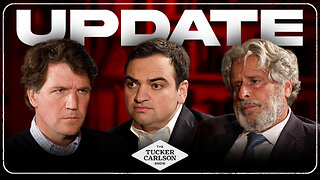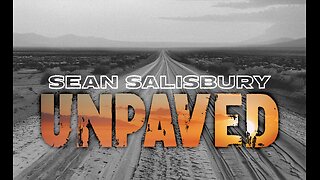Premium Only Content

Did the right actually win in Bolivia?
Did the Right Really Win in Bolivia?
Bolivia is heading into a presidential runoff for the first time since its return to democracy in 1982, after voters rejected for the first time in two decades a candidate from Evo Morales’ Movement for Socialism (MAS). This marks a historic shift, as the MAS has dominated Bolivian politics for twenty years. Many celebrated the outcome as a victory for the right, but the picture is more complex.
Among the two candidates advancing to the second round, neither can be clearly labeled as traditionally right-wing. Rodrigo Paz Pereira, son of former president Jaime Paz Zamora, is seen as a centrist reformer rather than a conservative. Although his roots lie in the Revolutionary Left Movement (MIR), a historic center-left party that gradually moved toward moderation, he is now aligned with the Christian Democratic Party (PDC), a centrist to center-right force grounded in Christian democracy. Paz presents himself as a moderate voice, advocating “capitalism for all,” reform, transparency, and inclusivity. His candidacy has attracted support from disillusioned MAS voters as well as parts of the right seeking a less polarizing figure.
On the other side is Jorge “Tuto” Quiroga, a former president who more openly embraces liberal economic policies. He leads the Libre alliance (Liberty and Democracy), made up of the Revolutionary Left Front (FRI)—a group that began on the left but has since shifted to a populist center-right orientation—and the Social Democratic Movement. Quiroga advocates for structural reforms, partial privatization of natural resources such as lithium, and stronger trade ties with the United States. His platform is more clearly identified with traditional right-wing liberalism and pro-market policies.
The ideological landscape, however, is blurred. Rodrigo Paz cannot be described as a classic leftist, but neither is he fully right-wing. His centrist positioning contrasts with Quiroga’s more overtly liberal program. Both, in different ways, symbolize the exhaustion of the MAS era and the desire for change.
Therefore, it would be misleading to say that the right has decisively won. What has truly happened is the collapse of the MAS monopoly, giving way to a contest between a centrist reformer with leftist origins and a traditional liberal conservative. The final outcome of the runoff on October 19 will depend on how voters weigh these nuances, reflecting not a simple right-left shift, but a more complex realignment in Bolivia’s political spectrum.
-
 0:50
0:50
Gateway Hispanic
4 hours agoTrump celebra la reducción en el costo de la cena de Acción de Gracias
1 -
 LIVE
LIVE
cosmicvandenim
3 hours agoCOSMIC VAN DENIM | OFF CHARACTER | WARZONE PRACTICE
47 watching -
 LIVE
LIVE
The Robert Scott Bell Show
3 hours agoMike Adams, Brian Hooker, Live From Brighteon Studios in Austin Texas, Kids Triple Vaccinated, Blood Sugar and Autism, Candy Fed to Cows, Nutrition Reform - The RSB Show 11-7-25
192 watching -
 LIVE
LIVE
GritsGG
2 hours ago#1 Most Warzone Wins 3943+!
24 watching -
 1:15:58
1:15:58
DeVory Darkins
4 hours agoLIVE NOW: Democrats SABOTAGE GOP effort to reopen Government
99.9K52 -
 1:21:21
1:21:21
Tucker Carlson
3 hours agoThe Global War on Christianity Just Got a Whole Lot Worse, and Ted Cruz Doesn’t Care
52.9K235 -
 10:50
10:50
Dr. Nick Zyrowski
2 days agoDoctors Got It Wrong! This LOWERS CORTISOL In Minutes!
20K3 -
 24:14
24:14
Verified Investing
2 days agoBiggest Trade As AI Bubble Begins To Burst, Bitcoin Flushes Through 100K And Gold Set To Fall
17.9K -
 1:12:28
1:12:28
Sean Unpaved
4 hours agoAB's Dubai Drama: Extradited & Exposed + NFL Week 10 Locks & CFB Week 11 Upsets
26.4K -
 2:06:08
2:06:08
The Culture War with Tim Pool
6 hours agoDemocrats Elect Man Who Wants To Kill Conservatives, Time For An Exorcism | The Culture War Podcast
129K108